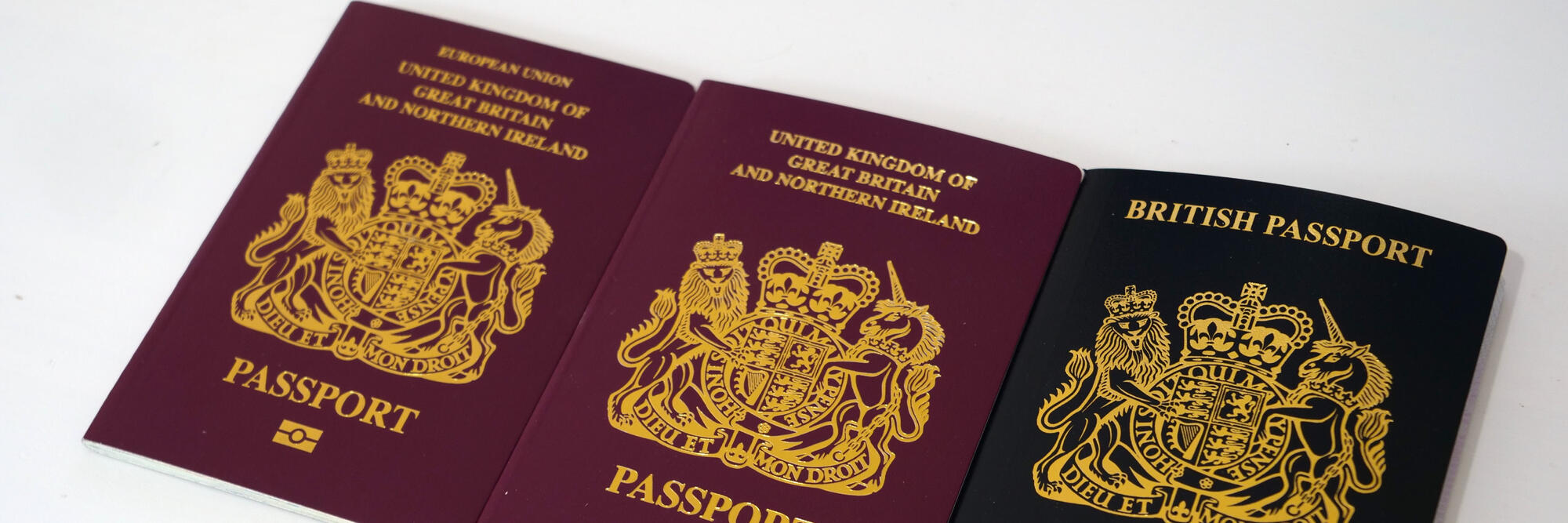The British passport has been one of the most powerful in the world for years, but though it remains in the top 10 for now, it has been steadily declining since the Brexit referendum in 2016.
Fading powers
It wasn’t that long ago – between 2013 and 2015 – that the UK held the most powerful passport in the world, with visa-free access to the highest number of destinations. After the Brexit vote the following year, it swiftly dropped to third place. Since then, UK passport power has only further eroded, falling out of the top five for the first time in 14 years in 2019. And while the UK still retains passport power in a global context, currently sitting in seventh place, the continuing decline may concern British passport holders.
The latest passport index shows several European countries, including Germany, Italy, Finland, Spain, Luxembourg, Denmark, Austria, Sweden, France, Portugal, The Netherlands, Ireland and Switzerland all outranking the United Kingdom.
While most of the top positions on the passport index are held by European countries, Asia also has a strong presence in the top 10. In fact, Japan tops the index with visa-free access to 193 destinations, followed in second place by Singapore and, in joint third with Germany, South Korea. These three countries have swiftly moved up the rankings in recent years and have held on to their current positions since 2018.
When it comes to applying for residence and citizenship in EU countries with more powerful passports through investment-migration programmes, British nationals have jumped at the opportunity over the last five years, particularly in Ireland, Portugal and Malta.
What does Brexit mean for British expats in the EU?
While UK citizens have, during the post-Brexit transition period, still enjoyed the privileges of an EU member country, this is no longer the case. Since January 1st, 2021, Brits no longer have the freedom to live, work or study in the EU without the appropriate visa, and the time they can spend in EU countries is also now limited to 90 days in any 180-day period.
UK citizens living in the EU and vice versa, since before the end of the transition period, retain their rights and benefits in their new home countries but may need to register themselves. The reciprocal right to emergency or necessary state healthcare for travellers between the UK and the EU also remains (to access healthcare in the EU, UK citizens must now make use of their Global Health Insurance Card (GHIC), which replaced the EHIC post-Brexit).
That said, the post-Brexit visa requirements for Brits looking to relocate to EU countries are a whole new kettle of fish, and so are the laws around things like travelling with pets, drivers’ licences, mobile roaming charges, business visas, professional qualifications, the moving of equipment for artists, and a slew of other previous privileges. Young Brits might be particularly vexed by the new red tape around full-time studying in the EU.
Brexit has undeniably changed the game for British mobility and has led to a worrying wane in UK passport power. Only time will tell whether this drop will continue or the newly independent UK will see an upswing in its travelling powers.



